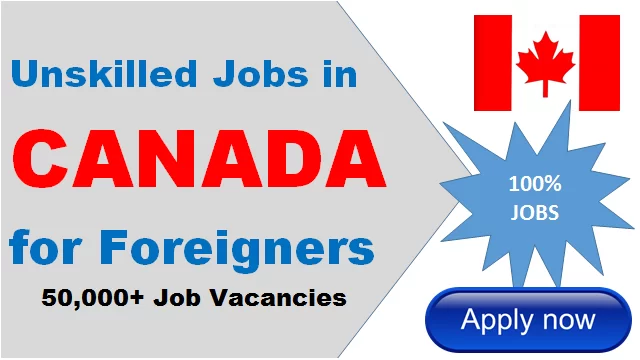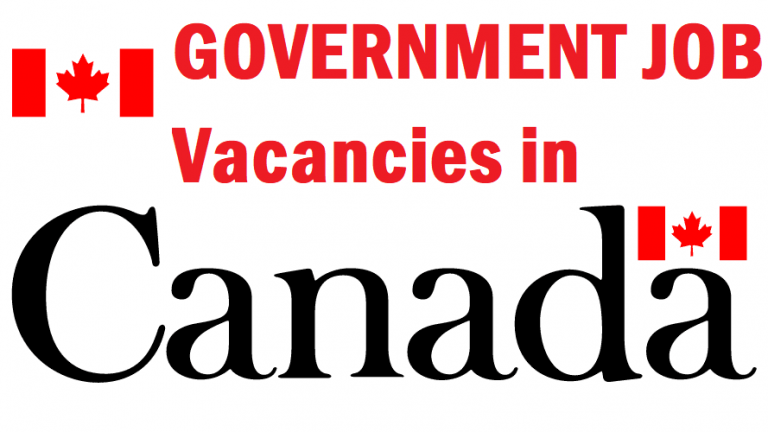4 keys to Assist You in Realizing Your Dream of Living in Canada
How Canada’s points system facilitates immigration for qualified applicants while making it more difficult for unqualified ones.
Why is Canada the most preferred destination for talented professionals and foreign students right now? One of the most crucial elements is its merit-based immigration system. If you want to come to Canada to study, work, or immigrate, you must first learn about the country’s immigration system and then plan your immigration strategy appropriately.
Why do some individuals simply qualify for an ITA and become permanent residents, while others spend months, if not years, in the Express Entry pool without even approaching the CRS score necessary for an ITA?
This problem arises mostly because Canada’s points-based immigration system makes it exceedingly simple for the proper candidate to enter the country.
Recognize the Functions of the Points Grid
A look at the Comprehensive Ranking System points grid reveals the relationship between your age, educational qualifications, language ability, Canadian experience and immigration prospects.
In the CRS criterion, a person with a one-year degree or diploma receives 84 out of 140 points. Your score rises to 126 points if you earn a master’s degree.
CLB 5 language proficiency will earn you 6 points, whereas CLB 10 or higher will earn you a total of 32 points, which is a huge increase.
Work experience in Canada can help you improve your score, but this does not rule out overseas work experience. If you have a CLB 7 or higher language competence and more than three years of experience, you will receive 25 points more than someone with a lower language proficiency level.
All the attention is focused on the 50-200 point rise from a job offer and the 600-point boost from a provincial nomination. These seemingly tiny points, when strategically integrated, can raise your CRS score and increase your chances of receiving an ITA.
Optimism Isn’t a Strategy
It is not a plan to simply hope for a large draw for FSWP candidates once normalcy returns, or even hope for another large CEC draw.
To make your immigration ambition a reality, you’ll need a clear course to follow. Are you ineligible for any of the skilled worker programmes? Find out where you’re falling short.
Is your lack of language skills holding you back? Then this is an area where you must put in extra effort to improve your CLB/NCLC ranking. If you’re going to work on your language abilities, add French to your repertoire to improve your chances of getting a Francophone work permit.
This can also assist you to overcome the drawback of having no work experience in Canada. Rather than waiting for an ITA, you can concentrate on obtaining a Francophone work visa and then using your Canadian work experience to quickly qualify for permanent residence through Express Entry or other PNP routes.
It’s critical to choose the right province for you.
Although tech employees adore Ontario, that does not imply you should limit yourself to the province. One of North America’s fastest-growing tech ecosystems is found in Ontario. As a result, it’s understandable for tech employees to be hesitant to seek outside of the Greater Toronto Area.
But what’s the sense of staying in Ontario if you’re a bioscience professional or have a degree in the field? If you work in the former, Alberta is the greatest option, while if you work in the latter, the Atlantic provinces may give you the best chance for permanent residence.
Working with a pro is always beneficial.
If you’re a professional, you’re presumably well aware of the advantages of working with an immigration attorney and the dangers of attempting to apply on your own.
If you don’t have enough points to qualify for an ITA, you may feel compelled to wait for minimal CRS scores in draws to fall. That, however, isn’t a viable plan, is it?
You must be proactive in improving your immigration prospects, which entails recognising your weaknesses and taking efforts to address them. Contrary to popular belief, obtaining an ITA may be as simple as improving your language skills or selecting the appropriate province.
An immigration professional’s services will be a prudent and beneficial investment that can significantly improve your prospects of coming to and settling in Canada.






